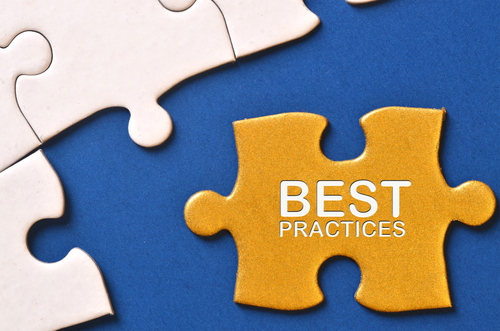As you look to create a compliant notarization, you should keep up to date on the laws in your state. This is particularly important as the COVID-19 pandemic continues to cause related changes to occur much more quickly than would have otherwise been the case.
Is a Personal Appearance Required?
It has been commonly required for the signer to make a personal appearance during the notarization process. The benefits of this are many, including protecting you, the signer, and other connected people legally and otherwise. However, this is one requirement that COVID-19 has impacted as more and more states are allowing remote online notarization.
Carefully Check the Document
You should always check over the document for several important reasons:
- To look for certificate wording that will tell you what type of notarization to perform.
- To review the certificate wording to make sure it contains all the elements a Notary certificate should have and that it conforms to the requirements of your state.
- To check for blank spaces. Some states mandate there are no blanks on a document and other states just strongly recommend it. Blank documents can be altered later in an attempt to commit fraud.
- Be sure to enter the date the notarization took place in the certificate wording.
- To verify that the name on the ID supports the name in the document.
Is the Signer Who They Say They Are?
One of the most important items is verifying the identity of the signer. Although the specific requirements to do so vary from state to state, most allow you to accomplish this in one of three ways: previously attained personal knowledge of the signer, the usage of a government-issued identification document such as a passport or driver’s license or using credible witnesses. One significant exception to these three options exists in California; that state does not allow notaries to say that they personally know the person signing and that be sufficient.
Also ensure that the name on the document is the same as the name that is listed on the identification that you are using to verify the identity of the signer.
Is the Signer Acting of Their Own Free Will?
Also essential is ensuring that the signer is of sound mind, understands what is happening and is acting of their free will. This can often be accomplished by engaging in small talk. Take note that some states specifically prohibit you completing a notarization if the signer seems to not understand what is going on or what the document says or appears to be under coercion.
Keep Solid Records
You should keep solid and meticulous records of your notarizations. As a result, you will be able to quickly and easily pull up information related to one later should it prove necessary for legal or other reasons.
Need Notarial Advice from the Thought Leaders at BNN?
BNN has been providing world class notarial services for over a decade. If you need advice on how to navigate the new normal in notary closings, feel free to reach out!






